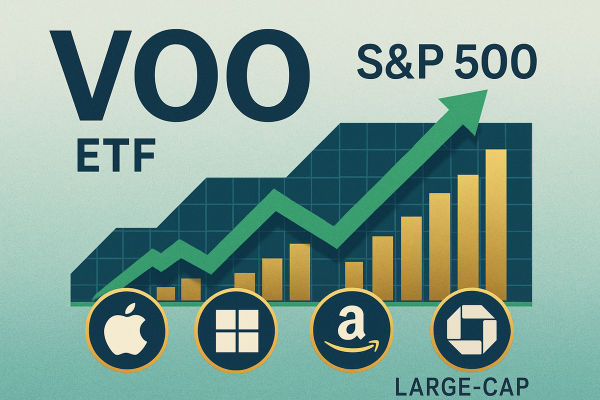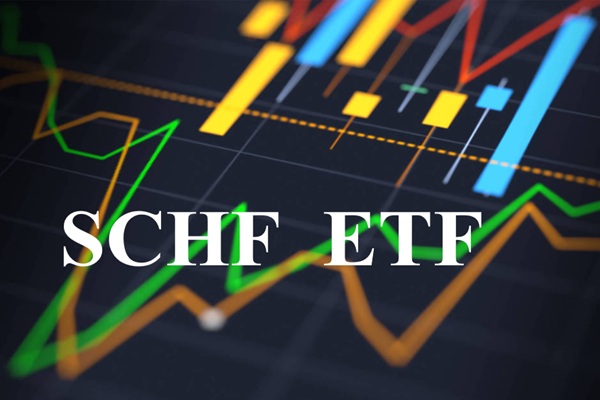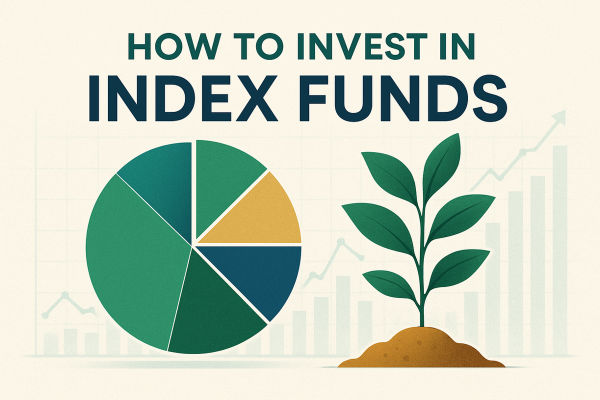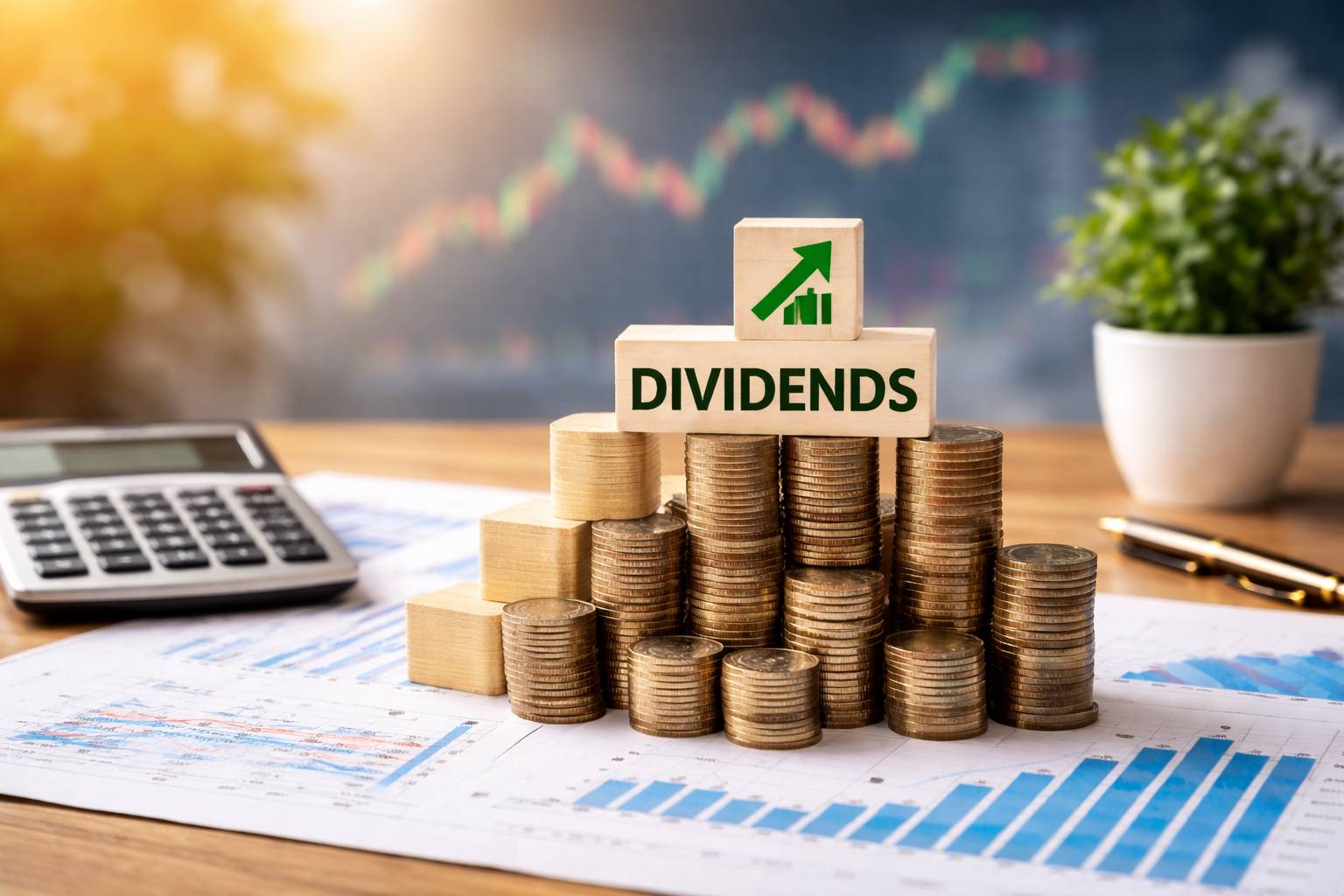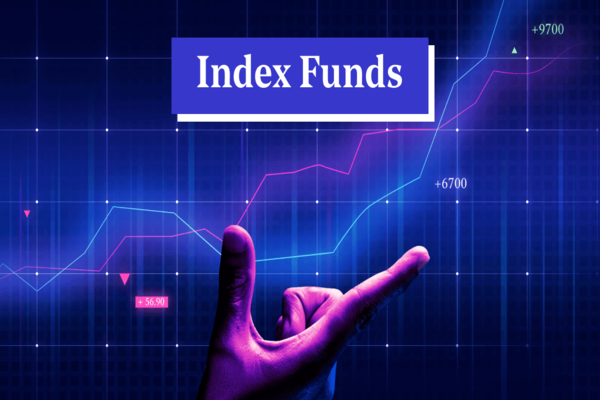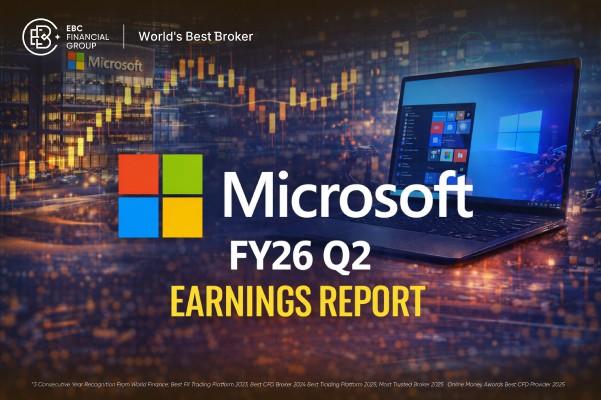Unlike quarterly payers, these companies distribute dividends every month, an advantage for retirees, income-focused investors, and anyone who values steady cash flow.
As of October 2025, high inflation and uneven global growth have driven investors toward reliable dividend payers that combine attractive yields with strong fundamentals.
What Is Monthly Dividend Stock? A Quick Summary
A monthly dividend stock is a stock that pays dividends every month instead of the usual quarterly schedule, providing investors with a steady and predictable cash flow.
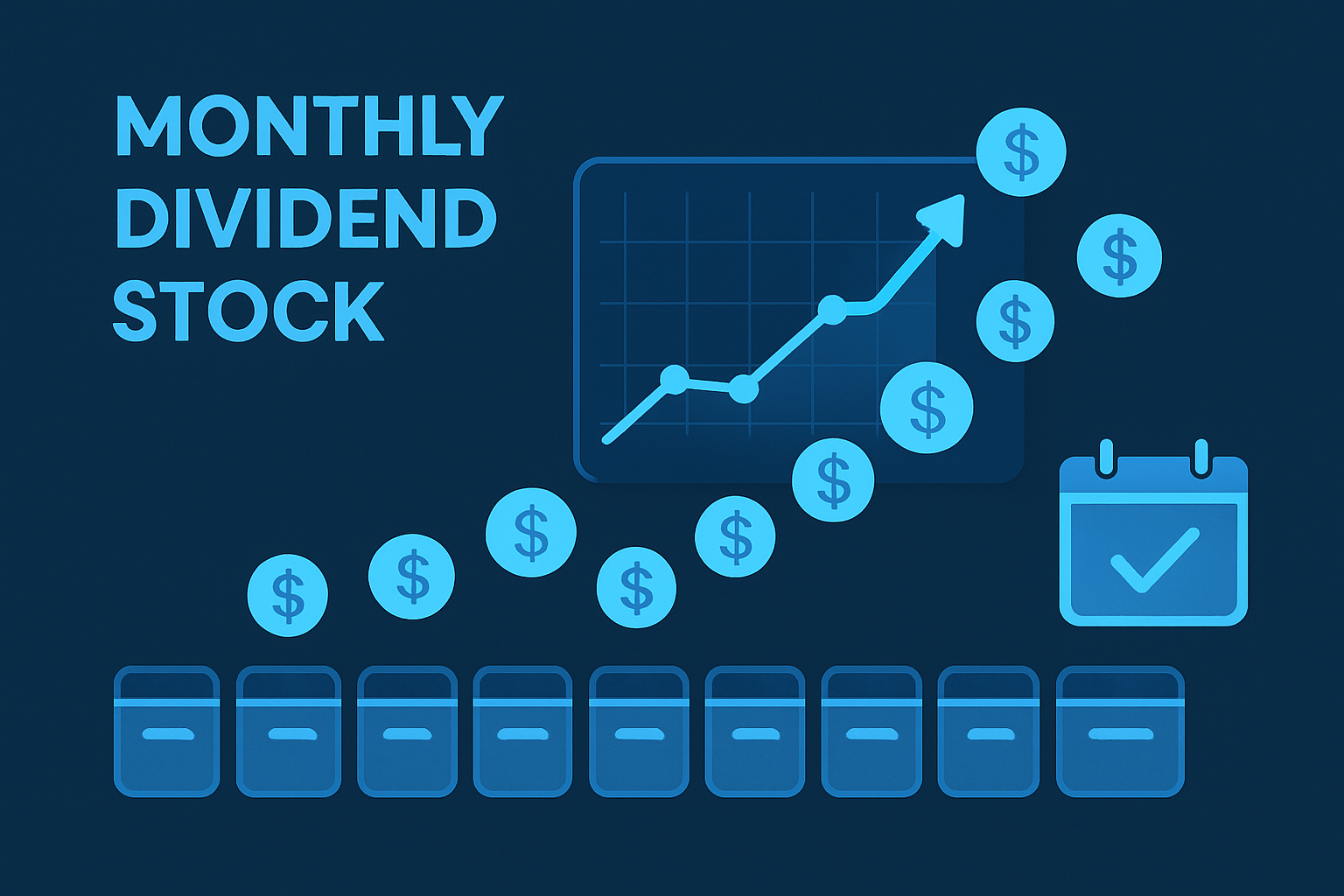
These stocks are often found in sectors like REITs, business development companies (BDCs), and certain ETFs or closed-end funds. Monthly dividends allow for faster reinvestment and compounding, which can enhance portfolio growth over time.
While they can offer attractive yields, investors should consider risks such as dividend cuts during financial stress and sensitivity to economic cycles. Overall, monthly dividend stocks are particularly appealing for income-focused investors seeking regular payouts.
Below are the 10 best monthly dividend stocks to buy in 2025, chosen for their track record, payout stability, and financial health.

Quick Summary: Top Monthly Dividend Stocks for 2025
| # |
Company |
Latest Declared Monthly Dividend |
Approximate Forward Yield |
Notes |
| 1 |
ARMOUR Residential REIT (ARR) |
US $0.24/month |
~18.39% |
Very high yield, risk-heavy REIT in mortgage space. |
| 2 |
AGNC Investment Corp. (AGNC) |
US $0.12/month (most recent) |
~14.41% |
Mortgage-REIT, monthly payout. |
| 3 |
Capital Southwest Corporation (CSWC) |
~$0.19/month equivalent (~US $0.57 quarterly) |
~11.48% |
Business development company (BDC). |
| 4 |
Ellington Financial (EFC) |
Monthly payout (exact amount not in my source) |
~11.4% |
Specialty finance/REIT hybrid. |
| 5 |
Apple Hospitality REIT (APLE) |
Some monthly payout (exact latest not found) |
~8.28% |
Hospitality-REIT, sensitive to sector dynamics. |
| 6 |
LTC Properties (LTC) |
US $0.19/month (older data) |
~6.65% |
Specialty REIT (senior housing/healthcare). |
| 7 |
EPR Properties (EPR) |
US $0.295/month (older data) |
~6.42% |
Experiential-property REIT (theme parks, entertainment). |
| 8 |
SL Green Realty (SLG) |
US $0.25/month (older data) |
~5.52% |
Manhattan office-space REIT, monthly payment. |
| 9 |
Realty Income (O) |
US $0.2695/month (older) |
~5.49% |
Well-known “Monthly Dividend Company”. |
| 10 |
Main Street Capital (MAIN) |
US $0.255/month + supplemental (~US $0.30) |
~5.0% (approx) |
BDC model with monthly + occasional extra payouts. |
1.Armour Residential REIT (ARR)
Yield: ~18.4%
One of the highest-yielding REITs today, Armour invests primarily in agency-backed mortgage securities. Its income potential is enormous, but investors should note that returns are highly sensitive to interest-rate volatility and mortgage spread fluctuations.
2. AGNC Investment Corp. (AGNC)
Yield: ~14.4%
AGNC is a mortgage REIT paying monthly dividends and offering a very high yield. While attractive for income seekers, it carries elevated risk from interest-rate moves and credit spread changes.
3. Capital Southwest Corporation (CSWC)
Yield: ~11.3%
A business-development company (BDC) that invests in middle-market firms and pays strong dividends. Great yield, but the underlying businesses may be more cyclical and carry risk if economic conditions weaken.
4. Ellington Financial (EFC)
Yield: ~11.5%
Ellington Financial is a smaller specialty finance/REIT hybrid paying monthly dividends. The yield is high, which raises questions about payout sustainability and exposure to niche risk factors.
5. Apple Hospitality REIT (APLE)
Yield: ~8.3%
Focused on upscale hotels, Apple Hospitality offers a decent yield in the hospitality sector. However, the business is highly sensitive to travel trends, economic cycles, and interest rates.
6. LTC Properties (LTC)
Yield: ~6.5%
LTC invests in senior-housing and healthcare real estate, providing moderate yield and exposure to demographic tailwinds. The trade-off: some regulatory/operational risk in the healthcare REIT space.
7. EPR Properties (EPR)
Yield: ~6.4%
EPR Properties owns experiential real estate (entertainment, recreation). The yield is attractive, but the business model is vulnerable to consumer-spending shifts and economic downturns.
8. SL Green Realty (SLG)
Yield: ~5.9%
SL Green is a Manhattan office-space REIT with monthly dividends. The yield is reasonable, but the urban office market has structural challenges, which could affect future payouts.
9. Realty Income Corporation (O)
Yield: ~5.5% (previous data)
Known as “The Monthly Dividend Company,” Realty Income invests in long-term retail and commercial leases. While the yield is lower than many on this list, its business model is more stable and occupancies generally strong.
10. Main Street Capital Corporation (MAIN)
Yield: ~5.0% (regular monthly)
Main Street Capital is a BDC offering monthly dividends and occasional supplemental payouts. The yield is modest compared to the highest-yielding names, but the structure is more conservative and tailored for steady income.
Why Monthly Dividend Stocks Are Appealing
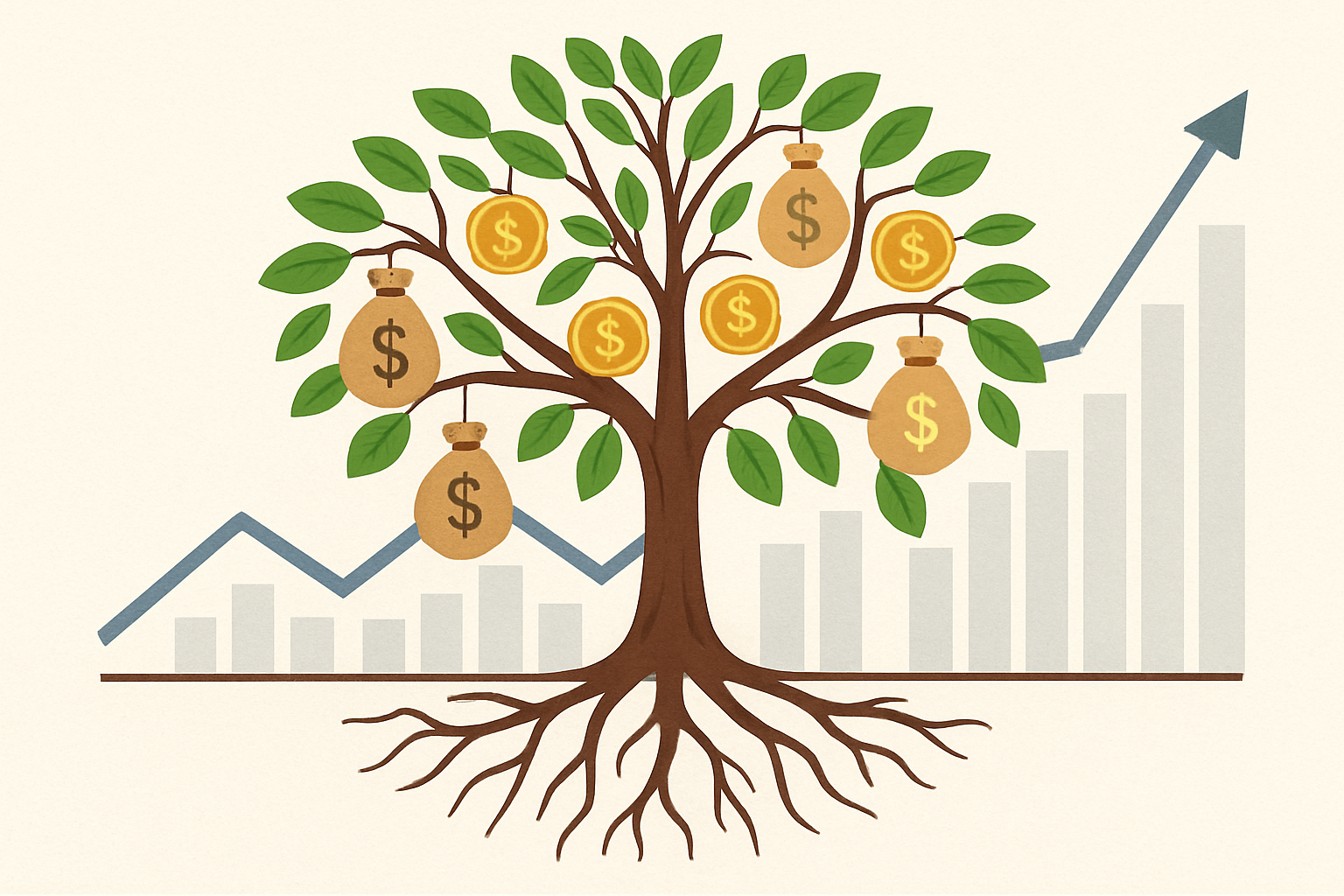
Consistent Cash Flow: Monthly payments align with personal expenses, ideal for retirees and income planners.
Faster Compounding: Frequent payouts allow reinvestment sooner, accelerating portfolio growth.
Reduced Volatility: Regular income can cushion portfolio drawdowns during market turbulence.
What to Look Out for When Choosing a Dividend Stock
When evaluating dividend stocks, focus on sustainability and long-term consistency rather than just headline yields.
Dividend Stability: Check that payouts are supported by consistent earnings and a healthy payout ratio. Avoid companies that fund dividends through excessive borrowing.
Growth Track Record: Prefer firms with a steady history of dividend increases, it reflects strong cash flow and disciplined capital management.
Balance Sheet Strength: Low debt and stable cash reserves are key indicators of resilience, especially during downturns.
Sector Exposure: Be mindful of industries sensitive to interest rates or economic cycles, such as mortgage REITs or energy stocks.
Valuation and Yield Balance: Extremely high yields can signal financial stress. A moderate, sustainable yield often provides better long-term results.
Frequently Asked Questions (FAQ)
1.Are monthly dividend stocks better than quarterly ones?
Depends. Monthly dividend stocks provide more frequent income and smoother cash flow, but the overall annual yield can be similar. They’re ideal for investors who rely on consistent monthly payouts.
2. Are high-yield dividend stocks safe?
Not always. Extremely high yields can indicate financial instability or declining stock prices. It’s crucial to check payout ratios and company fundamentals before investing.
3. Can I reinvest monthly dividends automatically?
Yes. Many brokers offer dividend reinvestment plans (DRIPs), allowing investors to automatically reinvest dividends into additional shares, compounding returns over time.
4. What sectors offer the best monthly dividend stocks?
Real estate investment trusts (REITs), business development companies (BDCs), and mortgage REITs dominate the monthly dividend space, offering higher yields but varying risk levels.
5. Are monthly dividend payments taxed differently?
Generally, no. Dividends, whether monthly or quarterly are typically taxed at the same rate based on your local tax laws. Always confirm with a tax adviser for your jurisdiction.
Conclusion
The best monthly dividend stocks in 2025 combine reliability, attractive yields, and solid financial discipline. They offer investors a mix of consistent income, capital stability, and long-term growth potential, making them valuable additions to a diversified income portfolio.
As always, perform due diligence, align choices with your risk tolerance, and consult a licensed financial advisor before investing.
Disclaimer: This material is for general information purposes only and is not intended as (and should not be considered to be) financial, investment or other advice on which reliance should be placed. No opinion given in the material constitutes a recommendation by EBC or the author that any particular investment, security, transaction or investment strategy is suitable for any specific person.














